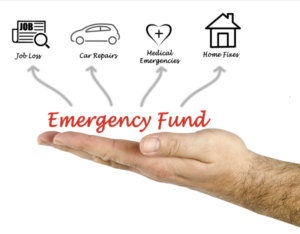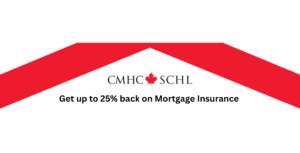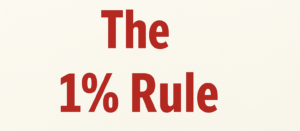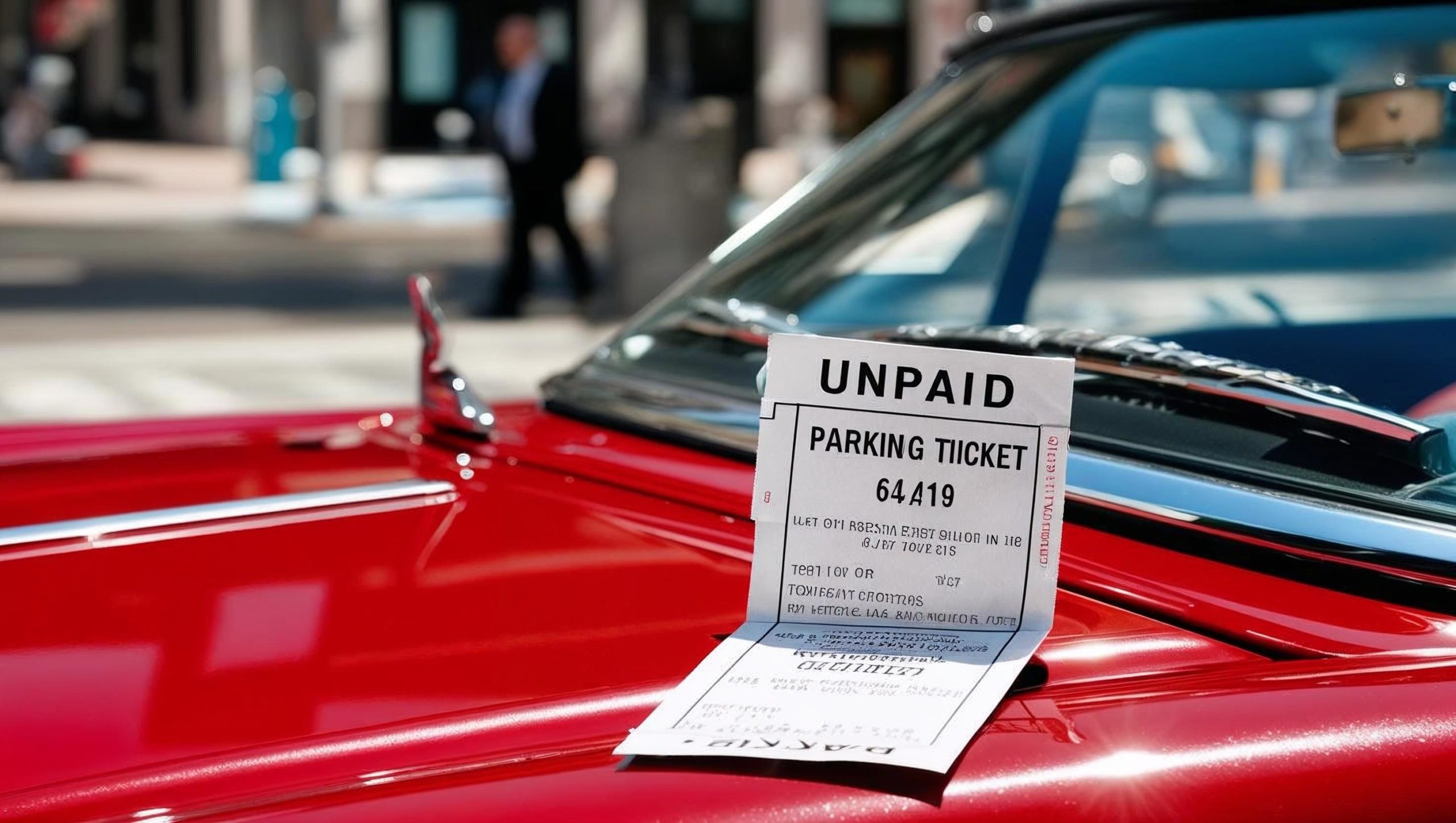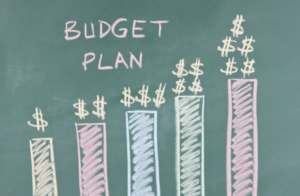
Budgeting is the first step to financial freedom.
Many homeowners find themselves in a dangerous financial cycle—they accumulate debt, then use their home equity to pay it off, only to end up right back where they started. This pattern can erase years of financial progress, leaving them no better off than before they bought their property.
But smart investors take a different approach—they build and leverage equity strategically to create wealth, rather than using it as a bailout fund.
Let’s break down why money management matters, and how to ensure you’re using your home equity the right way.
The Debt Trap: How Poor Money Management Leads to Equity Loss
Many people fall into the trap of:
🔻 Spending more than they earn → accumulating high-interest debt.
🔻 Relying on home equity → refinancing or selling an asset to pay off debt.
🔻 Resetting their financial position → losing the equity they worked so hard to build.
When this cycle repeats, homeownership doesn’t create financial freedom—it just becomes a temporary holding spot for money that eventually disappears.
How Smart Investors Use Equity to Build Wealth
Instead of using equity to erase past financial mistakes, smart investors:
- Plan Ahead – They track their finances, avoid unnecessary debt, and manage their money before they need to tap into equity.
- Leverage Equity for Growth – Instead of paying off old debts, they use their home equity for income-generating investments, like real estate or businesses.
- Protect Their Assets – They make strategic financial decisions, ensuring they never risk their home for short-term relief.
The Bottom Line: Have a Plan Before Accessing Equity
Your home equity can be a powerful tool—but only if used wisely. Before you refinance, sell, or borrow against your property, ask yourself: Is this putting me ahead financially?
If you’re unsure about the best way to manage your equity, consult a mortgage expert who can help you create a long-term strategy for financial success.
Need guidance on how to use your home equity wisely?
Let’s discuss your options!
